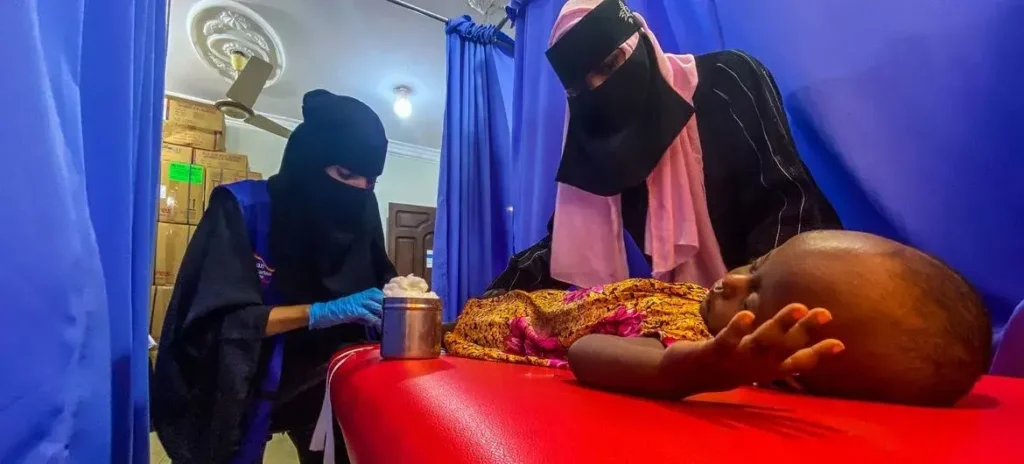Global Health Crisis Updates: Yemen, Somalia, OCHA Chief’s Resignation, Haiti Insecurity Continues
Amid mounting health crises worldwide, urgent responses are underway to address pressing challenges affecting vulnerable populations. Here are the latest developments: Yemen Healthcare Crisis: In Yemen, nearly 18 million people, including 2.4 million children, urgently require medical assistance, according to the UN health agency (WHO). The ongoing conflict has led to a decline in international support, leaving communities increasingly vulnerable to adverse conditions exacerbated by climate change. Natural disasters, such as heavy rains and flash-flooding, have triggered new displacements, affecting millions, with women and children bearing the brunt of the crisis. However, funding for WHO activities has seen a significant decline in recent years, posing a threat to essential health services. Despite challenges, WHO continues to operate therapeutic feeding centers and provide vital assistance to those in need. Cholera Outbreak in Somalia: In Somalia, a deadly cholera outbreak has claimed nine lives in the past week and over 50 in recent months, according to UN aid teams. The disease is rapidly spreading, particularly in high-risk districts along river basins. With the onset of the Gu rains expected to exacerbate the situation, urgent measures are required to mitigate its impact. Cholera outbreaks are exacerbated by malnutrition, poor sanitation, and limited access to clean water, disproportionately affecting children under five. Efforts to combat the outbreak include the approval of cholera vaccine doses and prepositioning of essential supplies across the country. OCHA Chief’s Resignation: Martin Griffiths, the Under-Secretary-General for Humanitarian Affairs, has announced his resignation due to health reasons. Griffiths, who led the Office for the Coordination of Humanitarian Affairs (OCHA), played a pivotal role in advocating for life-saving aid and mobilizing resources to address humanitarian crises worldwide. His resignation comes at a critical juncture, highlighting the ongoing challenges faced by humanitarian organizations in providing assistance to vulnerable populations globally. Haiti Insecurity Continues: In Haiti, violence and insecurity persist, disrupting aid operations and hindering access to healthcare facilities. Less than half of health facilities in the capital, Port-au-Prince, are functioning at their normal capacity, exacerbating the humanitarian crisis. Rampant gang activity and human rights abuses have further destabilized the situation, forcing facilities like the Bernard Mevs hospital to suspend operations due to security concerns. Despite these challenges, humanitarian agencies continue to provide essential services and assistance to displaced populations. These developments underscore the urgent need for sustained international support and coordinated efforts to address the complex health and humanitarian challenges facing these regions.

